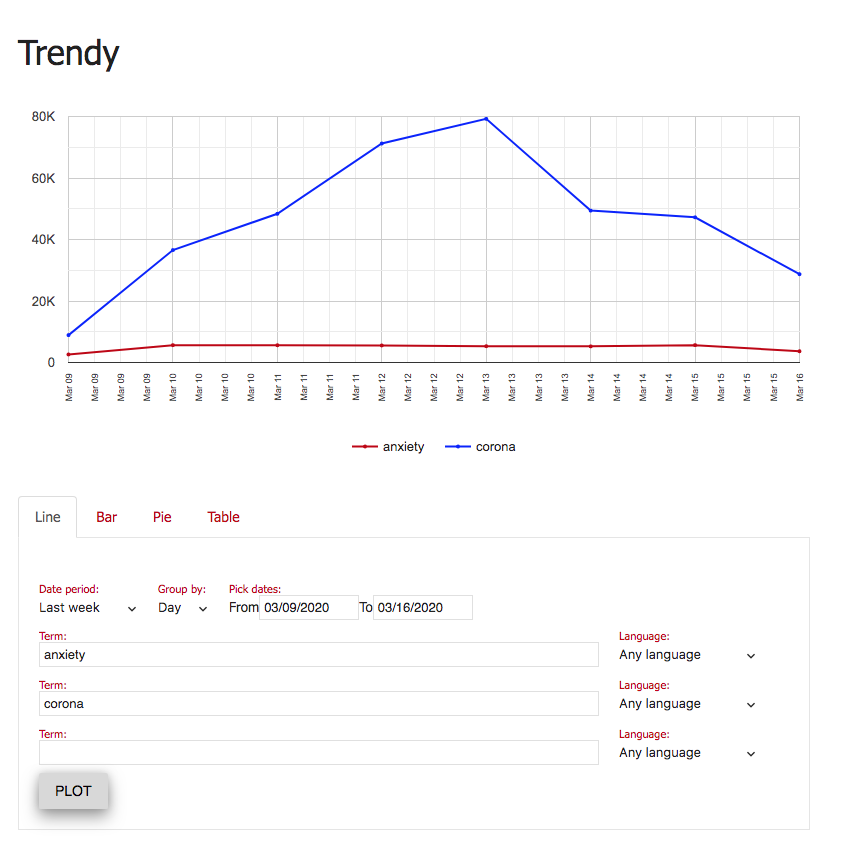Moving on from our second interview of Paul Siegel from Brandwatch we move onto someone who has been with me in social since my start Wendy Scherer of the Social Studies Group. I’ve worked with Wendy for nearly 12 years as she was one of the first to do research in ORM (Online Reputation Management), truly the precursor to “Social listening,” and my first customer in this space.
Meet Wendy Scherer the Managing Partner of The Social Studies Group

Wendy thank you again for taking the time to be interviewed about innovation & the bleeding edge.
First of all, what is your background?
Wendy Scherer is a strategist and researcher specializing in complex social media monitoring and analysis; industry, issue, and trend identification; and netnography. She is the Managing Partner of the Social Studies Group, a creative social media market research company which she founded after an intense, decade-long career with advertising agencies, working in strategic planning and advertising. She saw a need to integrate marketing solutions with data-driven knowledge, and set her on a path to harness creative problem solving to gather meaningful and actionable insights that go beyond the typical who, what and where.
What is the bleeding edge for with regards to data?
For Trifaith.org, a non-profit organization we’re working with pro bono, we created broad queries on their primary topics of interest — particularly surrounding pluralism, secularism and inclusion in the United States. Alerts were created by subtopics, and it’s a great resource for keeping up with the conversation. Everyone does this. Right?
Where it gets a bit more interesting is identifying the strongest and most polarizing voices from the different sides of these issues and mapping the amplification from two angles: who are these industry leaders amplifying and who is amplifying them.
Where the magic happens, though, is dissecting the different definitions and subtleties around the same vocabulary that is being used on both sides of each issue. Understanding the comparative linguistics leads to true learning about how to communicate clearly and be understood in the space to the myriad of target audiences.
This dataset also provides a window into context in order to ascertain where there is room to start a conversation where people are more open to discuss polarizing issues. In this instance, one thing we learned is that there is wider-spread openness in the workplace to have conversations that support the goal of a world that celebrates religious difference as an asset in overcoming fear and stereotypes than there is outside the workplace.
What new dataset intrigues you the most?

I think a lot of people have forgotten about the power of forums. I hear people say they’re dead, but they are not dead. Sure, there are more options now, but forums can be a great source of very real conversation. We took a look on a free tool, Boardreader* to demonstrate how robust the volume is and how current the conversation. I love the plotting tool to compare keywords and volumes. What a great way to get a sense of the conversation before you refine and dig in. {Social Studies Group uses primarily licensed/paid software, but we often recommend to our clients and students to try free tools for scoping and starting points.}
What findings could you derive from it?
We find that forum conversations provide deeper detail than many other platforms — it’s the nature of the beast, with folks really talking about niche issues. One ah-ha? We were recently looking at anxiety conversations {Hmmm, I wonder why!?} and found that the top 3 sites in our query were parenting and pregnancy forums — by a huge margin. That is incredibly helpful as we help our clients with message and service strategies.
*Boardreader is a free tool provided by Socialgist


